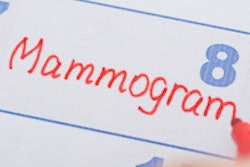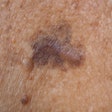Minority women tend to be diagnosed with more advanced stages of breast cancer and to receive substandard treatment as compared with white women, according to a study published in Cancer Epidemiology, Biomarkers & Prevention, a journal of the American Association for Cancer Research (AACR).
A team led by Lu Chen of the Fred Hutchinson Cancer Research Center in Seattle used data from the Surveillance, Epidemiology, and End Results (SEER) program to examine demographic characteristics, stage, tumor grade and size, primary treatment, and health insurance status of 102,064 women.
The group found that white women tended to have smaller tumors and the less-aggressive HR+/HER2- subtype of breast cancer compared with African-American women, who tended to have large tumors and triple-negative breast cancer; black women were also 40% to 70% more likely to be diagnosed at stage 4 of all subtypes of breast cancer. Hispanic women were 30% to 40% more likely to be diagnosed at stage 2 or stage 3 across all breast cancer subtypes compared with white women (Cancer Epidemiol Biomarkers Prev, October 13, 2015).
The researchers also found that, compared with white women, African-American women were 30% to 60% more likely to receive inappropriate treatment across all breast cancer subtypes except HR-/HER2+; Hispanic women were 20% to 40% more likely to receive inappropriate treatment (except in HR-/HER2+ and triple-negative cases).
"Given the racial and ethnic disparities, targeted, culturally appropriate interventions in breast cancer screening and care have the potential to reduce the disparities and close the existing survival gaps," Chen said in a statement released by the AACR.



















